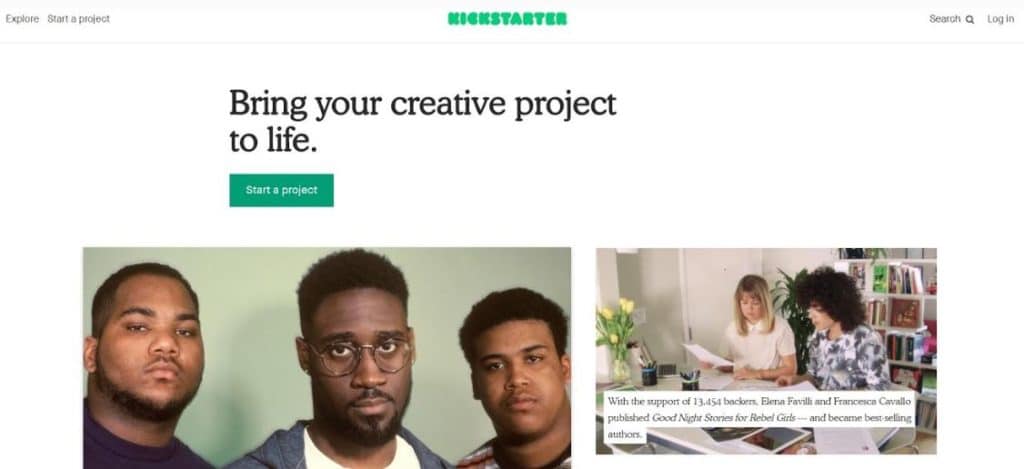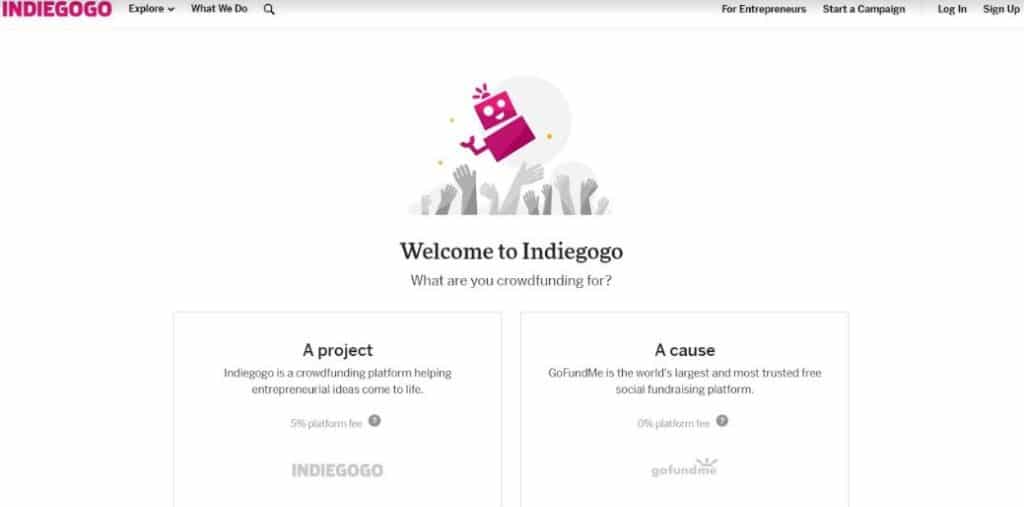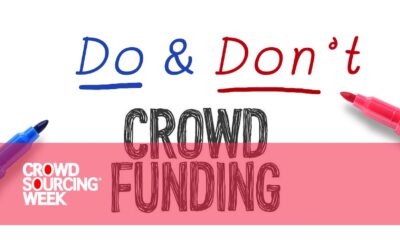A lot of new authors now are choosing to finance their e-book and cover their expenses throughout the writing process thanks to a crowdfunding campaign. You might be wishing you could write full-time but you couldn’t leave the stability of a paying job. The good news is, due to crowdfunding, you may be able to finally leave that job and get the time to write.
Crowdfunding has opened the door for some big changes in how entrepreneurs, products, and even technologies get explored and funded by the public. It means that now anyone can control the creative world and what can get released for consumption, whereas before, only extremely wealthy businesses, venture capitalists, and individuals were in control of the creative world, and their desires were very selective.
In my work with Lucky Assignments and Gum Essays I’ve seen so many ideas and opportunities that were lost because creatives could not get the funding and support necessary for their goals, and we could not innovate. However, as it usually happens, the need for innovation drove innovation, so crowdfunding now has put the control of funding for new ideas in the hands of the general public.
How to Crowdfund as An Indie Author
 Once you decide that you want to move ahead with crowdfunding as the finance option for your e-book, there are a lot of things you need to do and decide. First, you have to make a calculation of all of your costs so you can establish the target amount that you want to reach with your campaign. Then, you start to build the network that will support you and spread the word about your crowdfunding initiative: that’s friends and family, work colleagues, and other authors or industry professionals that you know.
Once you decide that you want to move ahead with crowdfunding as the finance option for your e-book, there are a lot of things you need to do and decide. First, you have to make a calculation of all of your costs so you can establish the target amount that you want to reach with your campaign. Then, you start to build the network that will support you and spread the word about your crowdfunding initiative: that’s friends and family, work colleagues, and other authors or industry professionals that you know.
You also need to make it very simple for people to be able to help you to spread the word, or there’s a good chance they won’t do it. You should draft some tweets, emails, and texts that your team of supporters can simply copy and paste on their platforms to spread the word about your campaign. Be sure not to ask for large donations from anyone, and you should definitely be offering something in return to people who contribute to your crowdfund. As per Daniel Jones, a professional writer at Writinity and Last Minute Writing, “you can offer anything from a copy of your e-book to a mention in the acknowledgement of your e-book for bigger donations, and any other form of appreciation you can think of as a return gift.”
You then need to select the crowdfunding platform that you want to run your campaign on. There are a lot of different ones you can choose and they all have benefits and drawbacks, which we’ll explore shortly. After you picked the platform and set up your campaign, you need to stay in touch regularly with your team of supporters that is helping you spread the word. It’s important to stay in personal contact with them so they can continue to feel engaged. Have a website and social media accounts so you can connect with your audience and spread the word.
Crowdfunding Platforms
As mentioned, there are some options when it comes to crowdfunding platforms. The most well-known one is Kickstarter, but it’s not designed only for authors. There are other platforms that are popular which you can use for your financing, including Indiegogo, Pubslush, RocketHub, and Unbound.
Indiegogo was originally set up so that indie filmmakers could get support for their projects, so it’s not designed only for authors. However, there are more than enough categories on this platform to post an e-book campaign. As per Harry Ulster, a crowdfunding blogger at Draft Beyond and Research Papers UK, “Pubslush was created for authors and readers, so authors could establish a community and connection with their readers, set up crowdfunding campaigns and pre-ordering as a feature.”
RocketHub is for all types of creative campaigns and is great because you can keep all of the money you raise once the fees are taken off, even if you don’t meet your intended goal from the start. Lastly, Unbound is a platform for indie authors and the whole setup makes it easy for authors to reward readers with incentives once they support your project. It’s tailored for indie authors which makes it much more user-friendly for writers.
Crowdfunding has really changed the landscape of publishing and self-publishing, meaning that any authors with good stories or concepts can get funding for their projects, even if they’re unsuccessful pitching to publishing companies.
Have you any experience of crowdfunding to publish a book, or of raising funds for a project in other media formats? We’d like to hear about it, please share it with us.






0 Comments